Trigger Warnings for curebie rhetoric, murder/suicide ("Autism Every Day" and "I Am Autism" videos)
I am here to tell you that what you are doing may seem “helpful to autistics” to you and your supporters, but what you are doing is really damaging. Many of the ads and videos produced for you depict harmful stereotypes that can increase the stigma of Autism in the long run. But before I dissect you as a “charity” (and I use that word very lightly), allow me to introduce myself and why I write this.
I am an autistic college student who was diagnosed at age 14. I grew up in a cliquey, shallow, and judgmental town where I was scared to be myself for a good chunk of my life. Even my own mother would tell me to stop doing certain things because “the other children would think I was weird.” Grant you, this was long before my diagnosis and she didn’t know, so I really don’t blame her entirely, but it still left me confused because I was told to hide parts of who I was just to impress the other children. This has stuck with me throughout most of my high school years; I was scared to even talk to someone for the first time unless they approached me first. This feeling stuck with me until the beginning of college, where I was able to find the right people and open up more. I am writing because there are many people out there who believe that you are doing “good” for the autistic community when in all reality, you are doing the complete opposite.
I’ll start with the obvious thing about you that everyone points you: that you seek a cure for autism. Your mission statement is “We are dedicated to funding global biomedical research into the causes, prevention, treatments, and a possible cure for autism.” First off, it is impossible to cure autism. It is a neurological disorder that is ingrained in one’s personality, not a life-threatening disease. Attempting to cure it would be erasing part of who they are. Second of all, that cure that you are so desperately trying to find would be forced to young children, and most autistics do not want to be cured. If a cure was possible, it should be considered a choice for that child later in their life when he/she/they are able to make decisions for themselves, not for the parent or caretaker of that child.
Now for the second most obvious thing about you that people bring up: the fact that you do not have a single autistic member on your board. When advocating for autism acceptance, it is critical that autistic people are heard in the process. Everyone can agree that men making decisions about women’s rights is an outrage to everyone with at least some common sense, but for some reason, neurotypicals making decisions about disability rights is not met with that much outrage. Many people would argue that “autistics aren’t capable of making their own decisions, so how would anyone think that they are capable of making decisions about their own rights?” All I can say about this is how dare you believe that every autistic is clumped in the same category. How dare you believe that every autistic person is the same.
Which brings me to my final and favorite point, how you reenforce degrading and stigmatizing stereotypes about autistic people. One of the biggest misconceptions about autism is that it’s a visible disorder. As someone who has gotten comments from people saying that I’m “not disabled enough” to talk about this topic, I can say that it’s not. What you need to realize is that autism is not a one-size-fits-all disorder. The only thing that every autistic person has in common is that they all want to be accepted and deserve the same rights as neurotypicals. Like the saying goes, “if you met one person with autism, you met one person with autism,” but you seem to throw that out the window. Your two short films, “I am Autism” and “Autism Every Day” (links below) say those stereotypes are true in order to make people believe that autism is a disease, and that is absolutely disgusting and stigmatizing. You have the nerve to defend a mother who contemplated murdering her autistic daughter and committing suicide while her daughter was still in the room within earshot. I had to stop watching the video because of that due to how disgusted I was after hearing that.These kinds of messages can severely lower one’s self-esteem and can cause internalized ableism, which is difficult for a child with any kind of disability unlearn.
Skip to 6:10 to see the most horrifying part.
Many people have asked me if I want to be cured. If you asked me this when I was still in high school, I would’ve said yes. I would’ve said that more people would’ve wanted to be around me and would’ve invited me to outings, and wouldn’t have been as easily manipulated if I wasn’t autistic. I did have friends that I would talk to in school during rehearsals, but never really hung out with anyone outside of school. I attempted suicide shortly after my diagnosis in eighth grade and was generally unhappy. But if you asked me today, I would say no. I may still have trouble respecting other people’s boundaries, my bullshit signal may still not be as good as most people’s, and I may still have the tendency to be upset over petty and trivial things, but I soon realize that my best qualities in me are because of my autism. My love for theatre, film, art, and music (the former two pictured below) wouldn’t exist, I wouldn’t be friends with any of the people I’m friends with today (in fact, they would probably think I’m a bitch), and most importantly, I wouldn’t be me.
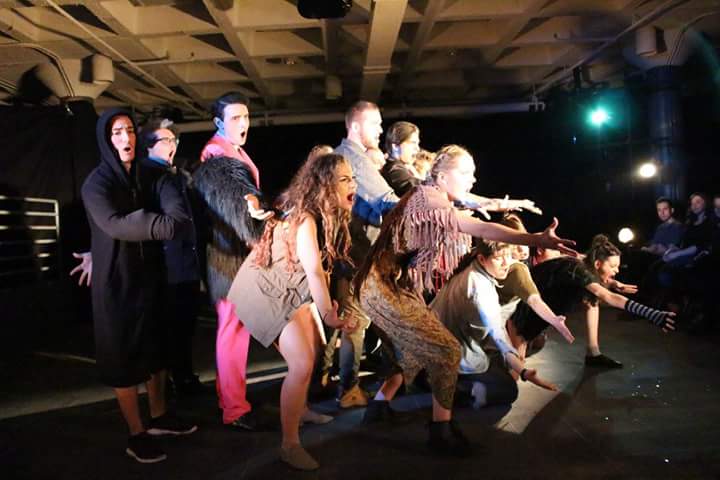
Photo courtesy of MSU Players
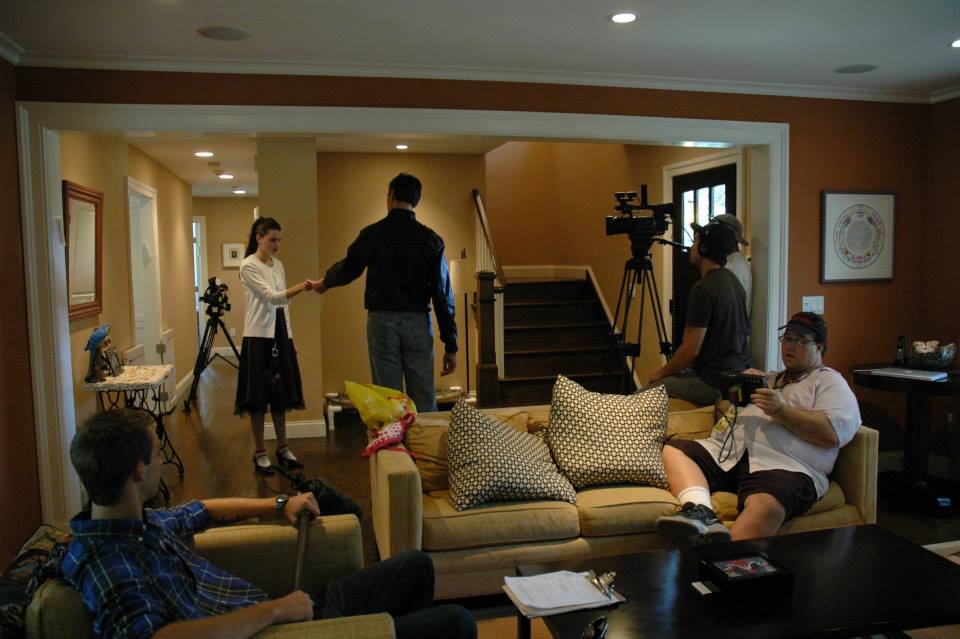
Photo courtesy of Inclusion Films and Marblejam Kids
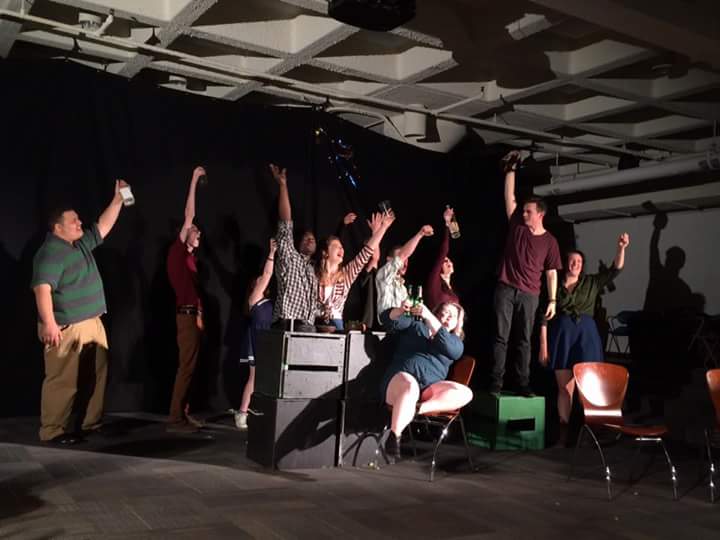
Photo courtesy of MSU Players
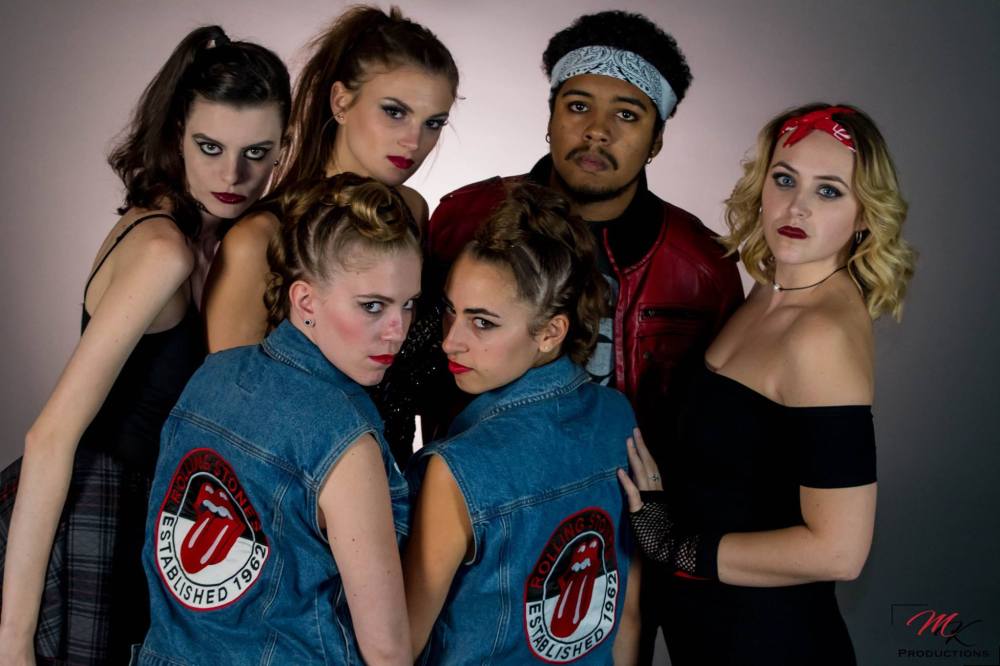
Photo courtesy of MK Productions
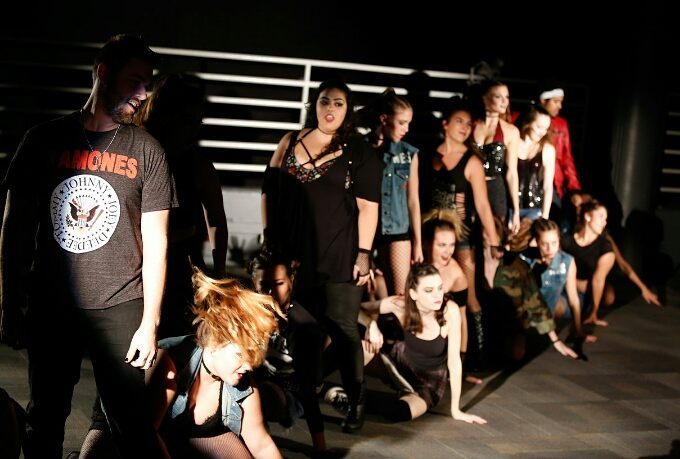
Photo courtesy of Tom Russo Photography
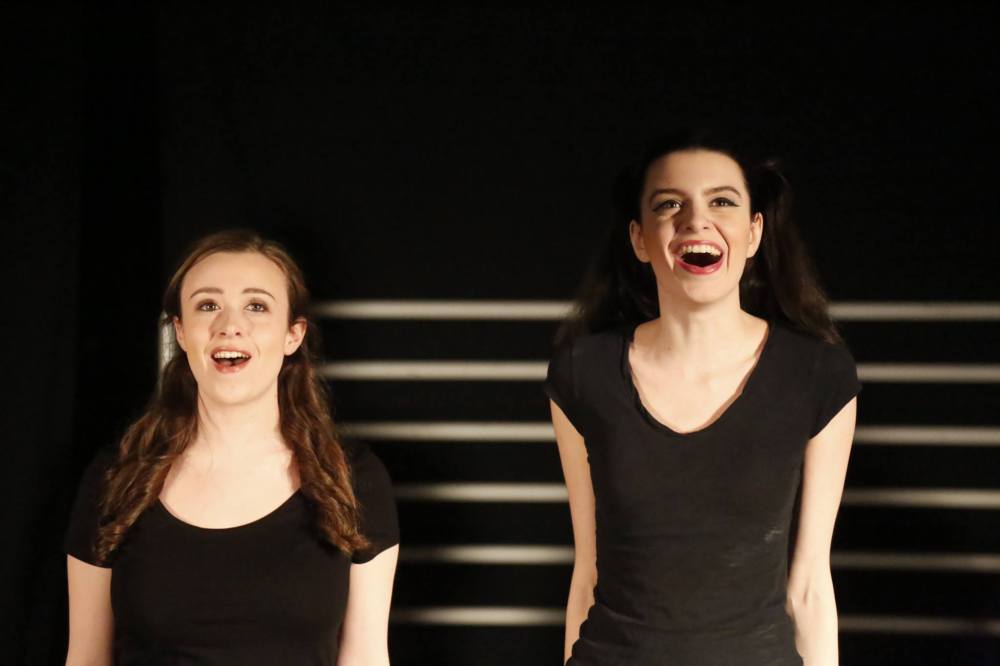
Photo courtesy of MSU Players
I have potential, and I can accomplish great things. I have the ability to change the world, and I will not let bigoted organizations like you silence me or bring me down. My disability does not reflect my true abilities. To quote a one act play by a close friend of mine, “We are here. We are not less than. We are real. We are people. We struggle to perceive the world just like you do, although our struggles are different. But we are here. We are strong. We are here.”

Nicolette,
ReplyDeletethe things which upset you are not petty and not trivial.
And, yes, you do have potential and you can achieve great things.
"We are here. We are strong. We are here".